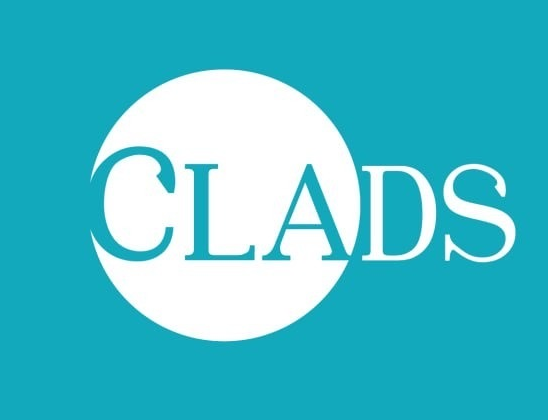Support for the student demand for an ethics committee at EPFL
The links between, on the one hand, technological innovation and cutting-edge engineering and the production of evermore dangerous military equipment and repressive surveillance tools on the other, are well-established.
Technological innovation, and particularly the use of artificial intelligence, exerts large-scale and unprecedented threats on civilian populations. It is capable of disrupting the very foundations of essential democratic governance principles, hard-fought over centuries. Furthermore, given the increasingly blatant disregard of international law by several belligerent parties and key political actors, it is now necessary to establish principles on ethical science and technology, for the sake of social and human rights as well as the preservation of democracy.
Swiss higher education institutes, while conducting cutting-edge technology development, also claim to be committed to upholding human rights [1] and have thus developed ethical charts [2] and guidelines [3]. Following the student engagement with respect to the Israel-Palestine conflict, an initial assessment of the ethics of partnerships was conducted at EPFL [4]. This assessment was widely criticized as deficient and lacking in rigor, and thus itself mainly served to demonstrate the inadequacy of existing ethical considerations.
The recent injunctions of the International Court of Justice and of the International Criminal Court should also be considered binding for Swiss universities, as institutions legally bound to respect national and international provisions on human rights. It is thus clear that the Swiss universities can no longer avoid facing their responsibilities. They must now engage in a thorough and transparent debate concerning the military and security applications of “dual use” technologies [5], some of which are currently accessible on a large scale to the general public. The integrity and reputation of these institutions are at stake, as well as the trust and allegiance of their own communities to their values. In particular, given the urgency of the question of dual use technologies, each research and innovation institution must position itself with respect to this question, so as to avoid its output serving mass atrocities or human rights violations.
Finally, the lack of clearly defined ethical guidance for academic activities places any event, collaboration or research linked to a potential double-use technology under suspicion, whether deserved or not. The resulting climate of distrust constitutes a clear threat to institutional reputation, the quality of collegiality and academic freedom.
For these reasons, in the name of the Collective for Academic Freedom, Democracy and Solidarity (CLADS), we express our support to the student demand that EPFL follow in the footsteps of the University of Lausanne and mandate an independent expert report on ethics of external collaborations. Such a process would constitute an essential first step to guarantee the alignment of our academic institutions with their fundamental values, the common good, human rights and international law.
- [1] https://longread.epfl.ch/dossier/la-science-au-service-des-plus-vulnerables/
- [2] Charte EPFL : https://www.epfl.ch/about/overview/wp-content/uploads/2019/09/Charte-ethique-de-lEFPL.pdf
- [3] Compliance rules EPFL: https://www.epfl.ch/about/overview/wp-content/uploads/2019/12/ComplianceGuideEPFL_EN.pdf
- [4] Rapport du GEP: https://middleeast.epfl.ch/report-on-epfl-israel-collaborations/
- [5] Double usage/Dual use: https://www.seco.admin.ch/seco/fr/home/Aussenwirtschaftspolitik_Wirtschaftliche_Zusammenarbeit/Wirtschaftsbeziehungen/exportkontrollen-und-sanktionen/exportkontrolle_industriegueter.html
